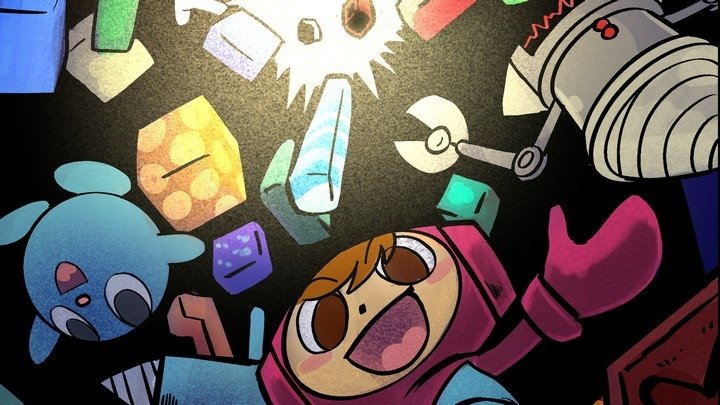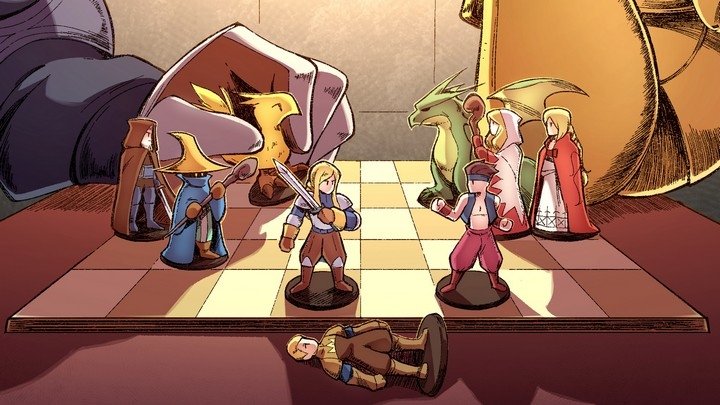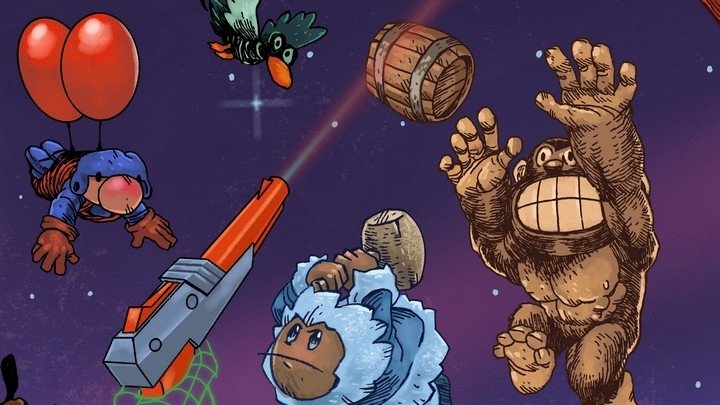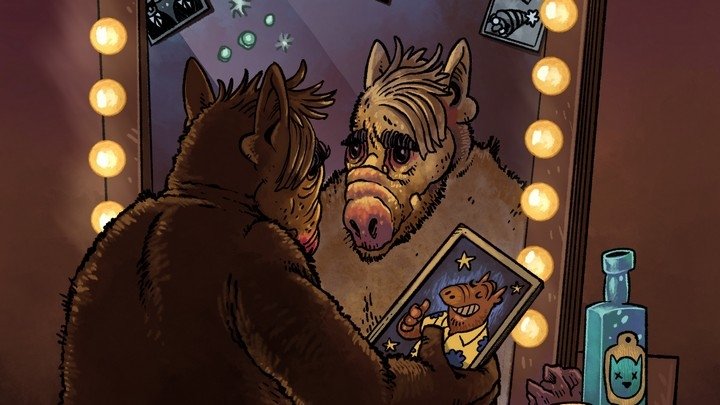Wheel of Fortune and the bumpy beginnings of portable casual gaming
GameTek sowed some not-so-impressive seeds that would blossom on Nintendo DS.
Nintendo clawed itself back from the brink of failure a little more than a decade ago. As we discussed in this week's podcast, the GameCube era didn't go too well for Nintendo; the company has always been determined to do things its own way, but N64 and GameCube saw them trying to follow the same general strategy used by the competition (greater processing power, big-name third-party games) while putting their distinct spin on things. That's how we ended up with a console comparable in power to Microsoft's Xbox, but which kind of resembled a purple lunch box. It wasn't until Nintendo decided to embrace uncoolness (rather than continue the GameCube's vibe of "HOW DO YOU DO, FELLOW KIDS?") that the company became a powerhouse again: Low-powered, affordable crammed with games that didn't single out the core gamer demographic. Casual games like Nintendogs.
We can trace back a critical thread of the DS and Wii era to the NES days and the point at which publishers like LJN and GameTek sprang up in the U.S. They didn't publish many good games, but what they did accomplish was to achieve a sort of critical mass by snatching up popular media and toy properties that would catch the eye of casual shoppers. Things like Nightmare on Elm Street, World Wrestling Federation, and the game show tackled in this week's Game Boy Works video: Wheel of Fortune.
Wheel of Fortune, of course, has been the longest-running game show in American history; between network ownership and general syndication, it's been in near-constant production for four decades. It was already an institution when the Game Boy adaptation shipped in 1990. And, somewhat impressively, very little about the show has changed since then; there's more shilling for sponsors now, and the hosts have grown old (and apparently cantankerous; don't read Pat Sajak's Twitter feed, is what I'm saying), but the rules and concept remain almost untouched since 1990. So you can ease right on into this handheld adaptation. And the hosts' aging doesn't impact the Game Boy version anyway; publisher GameTek wouldn't bother paying for likeness rights until their second Wheel adaptation, Wheel of Fortune: Featuring Vanna White.
This conversion of Wheel may well put you in mid of the DS era. It's a poorly made game, with the worst graphics and sound we've yet seen on Game Boy in nearly 100 episodes. It's low-rent all the way… but it features a recognizable media property, and it plays reasonably well. So there is a certain appeal to it, even if its design and tech are real bottom-barrel stuff.
Look, I didn't say it would remind you of the good parts of the DS era.




